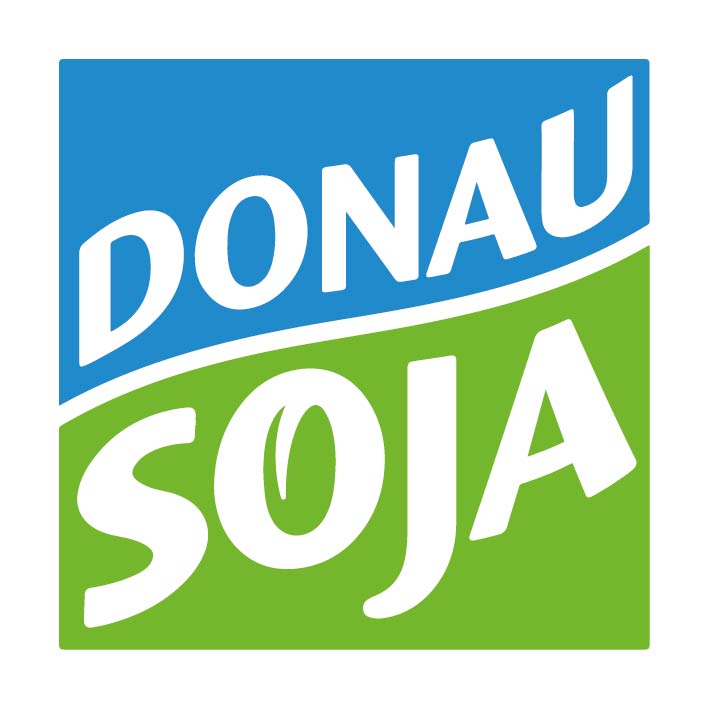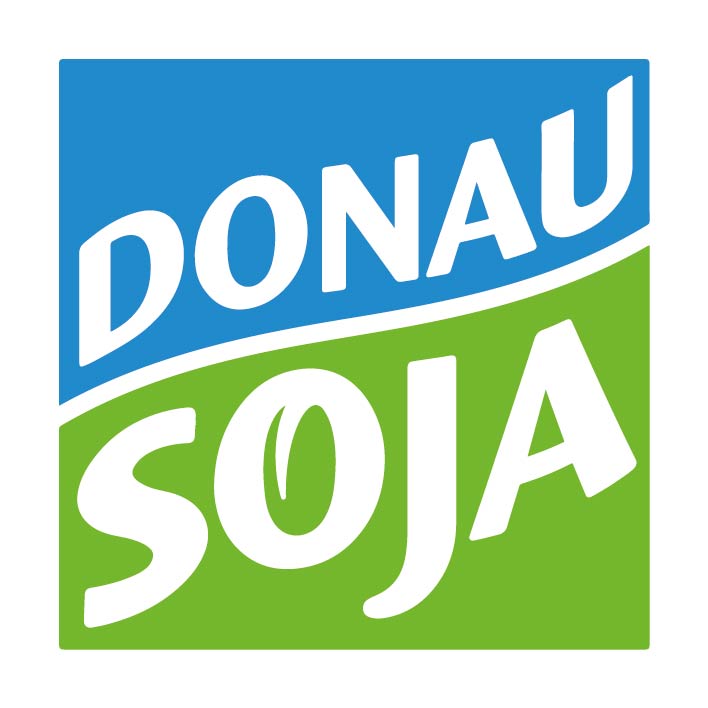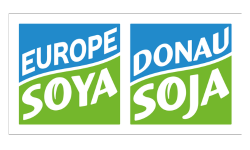500.000 tonnes of sustainable non-GM soya in the Donau Soja Protein Partnership Programme
Kyiv, Vienna – According to official information from the Ukrainian Ministry of Agriculture, the sowing of soya in Ukraine is almost finished. Taras Vysotskiy, First Deputy Minister of Agrarian Policy and Food of Ukraine, announced that Ukraine has planted 1.25 million hectares of soya this year. This equals the area of 2021 and could lead to an output of 2.8 million tons. “That’s good news for the European soya sector an already d especially for the non-GM markets like Germany, Austria and Switzerland”, says Susanne Fromwald, Donau Soja’s Senior Advisor and International Project Manager for Protein Partnerships. “Soya exports from Ukraine are carried out on the landway, most of the relevant supply chains to the EU, e.g. via Poland, are still working”, says Fromwald.
In total the sowing season is almost finished in Ukraine (all crops and oilseeds together), with a dramatic overall decrease of 25% in planted areas due to the war, reports the Ministry of Agriculture: Corn is down 16% from 2021 (4.6 million hectares), while sunflower is almost at 2021 levels, at 4.7 million hectares. Despite the critical situation with blocked Black Sea and Azov Sea ports, Ukrainian farmers are making massive efforts to increase exports via alternative inland routes. In May alone, exports by road, rail and Danube tripled.
Nearly one sixth of the Ukrainian soya volumes are going to be certified as non-GM soybeans by farmers participating in Donau Soja’s Protein Partnership programme in Ukraine. These 500.000 tonnes of sustainable non-GM soya mean a new record in the Protein Partnership Programme. “Since 2021, Ukraine has been part of this special partnership between German food retailers and Ukrainian farmers,” says Volodymyr Pugachov, Quality Manager from Donau Soja in Kyiv. “For the cultivation season 2022 we have 15 Protein Partners in Ukraine representing nearly 90 farmers – role models in reaching sustainability goals and in using climate-friendly technological approaches in soya production”, adds Pugachov. Among other the Protein Partnership programme supports farmers in their conversion to sustainable soya cultivation, finances trainings and covers the certification costs of farms and storage facilities.
According to Deputy Minister Vysotskiy, Ukraine has lost about a quarter of its agricultural land since the war began. Nevertheless, 2022 is likely to go down in history as a record soybean year in Europe. According to the Donau Soja Market Report (May 2022), the total soya output in Europe is forecasted with nearly 10 million tonnes. With an expected yield of 2.8 million tonnes Ukraine stays a relevant factor in European soya production.


